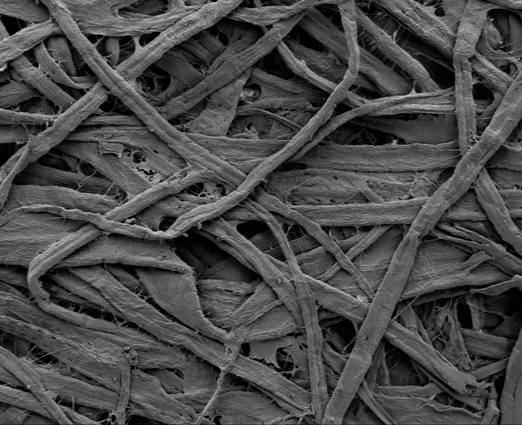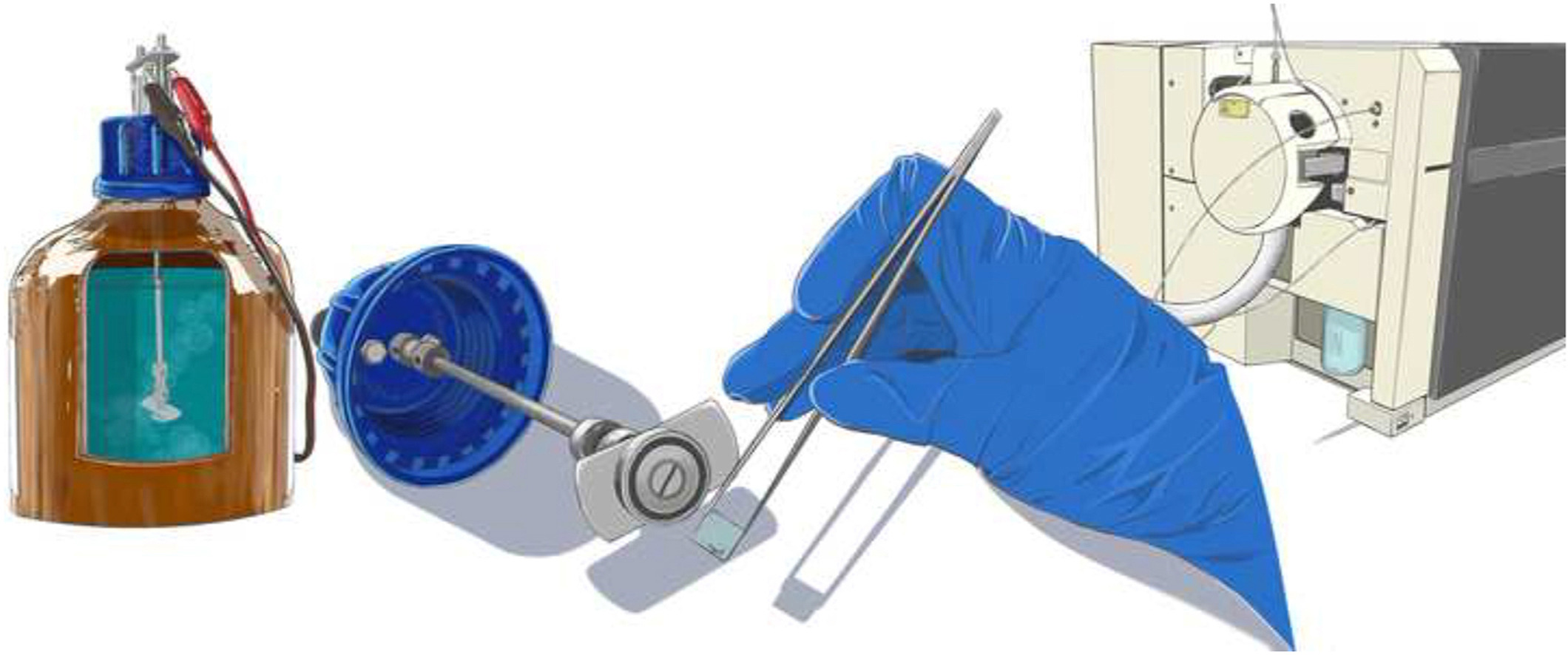Research lines

Sustainable materials in sample prep
In 2017, the research group started to evaluate the potential role that natural materials may play in the sample preparation context. In the first developments, we explored the modification of cellulose paper to prepare new sportive phases. This idea, which finally resulted in the central research line of the group, has been extended to other lignocellulosic materials (cotton, wood) with high success. Currently, we are intensively working on a full understanding of these sorptive phases since the synthesis (evaluating new approaches) to the final physical-chemical characteristics (porosity, sorptive mechanisms, etc) of the materials. Other natural compounds (like polydopamine, gelatins, and natural deep eutectic solvents) are currently being evaluated in our labs

Direct coupling of sample prep and instrumental techniques
In the classical analytical workflow, the sample preparation step is usually combined with chromatography which improves the selectivity of the determinations but reduces the sample throughput. Whenever possible, we tried to circumvent the chromatographic separation by combining the sample prep with instrumental techniques (spectroscopic or spectrometric). The lost selectivity can be compensated by using a very selective extraction (e.g. applying molecularly imprinted polymers) or by a very selective instrumental technique (e.g. mass spectrometry). In the last few years, we have worked intensively in this line, and we have also reported the joint combination of sample prep with both spectroscopic and spectrometric techniques.

Environmental samplers
In 2019, the group started a new research line focused on the development of environmental samplers that somewhat integrates sampling and extraction. In such developments, we have tried to combine the analytical performance (results with high metrological quality) with simplicity and affordability aspects. We firmly believe in the latter two aspects as essential elements to guarantee global solutions to be applied in any laboratory, no matter its economic resources. The implications of these procedures is based on using open-hardware technologies like Arduino.

Sensing Platforms
The FQM-215 group envisions creating eco-friendly analytical sensors based on the use of nanomaterials (nanotools) and converting analytical methodologies with ever-greater sensitivity and specificity towards biomolecules and emerging contaminants. The nanotechnological sensing platform can be simply aqueous solutions, hydrogels as well as modified solid substrates. An interesting aim is to reach general methods for detecting engineered nanoparticles in a wide range of environmental scenarios to search their aggregation or degradation and even the interaction with other particles. Fluorescence and Raman spectroscopies (e.g. surface-enhanced approaches like SERS) are the main techniques which support this research line.